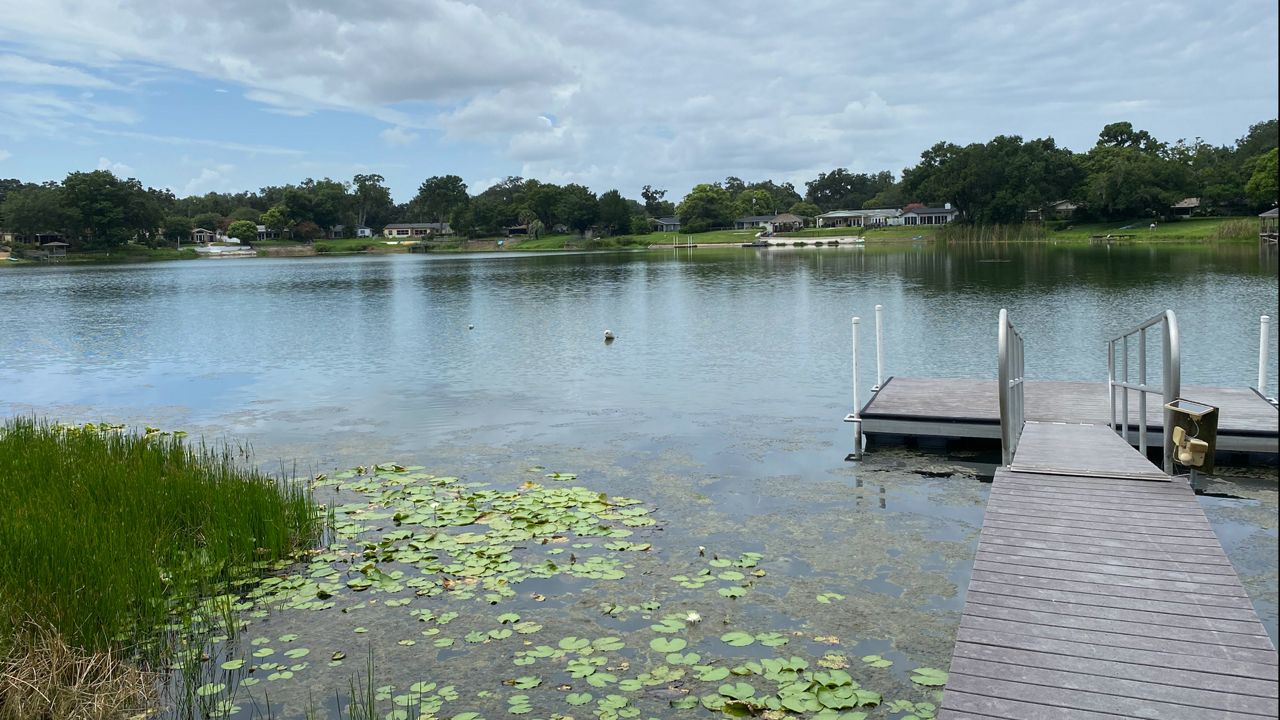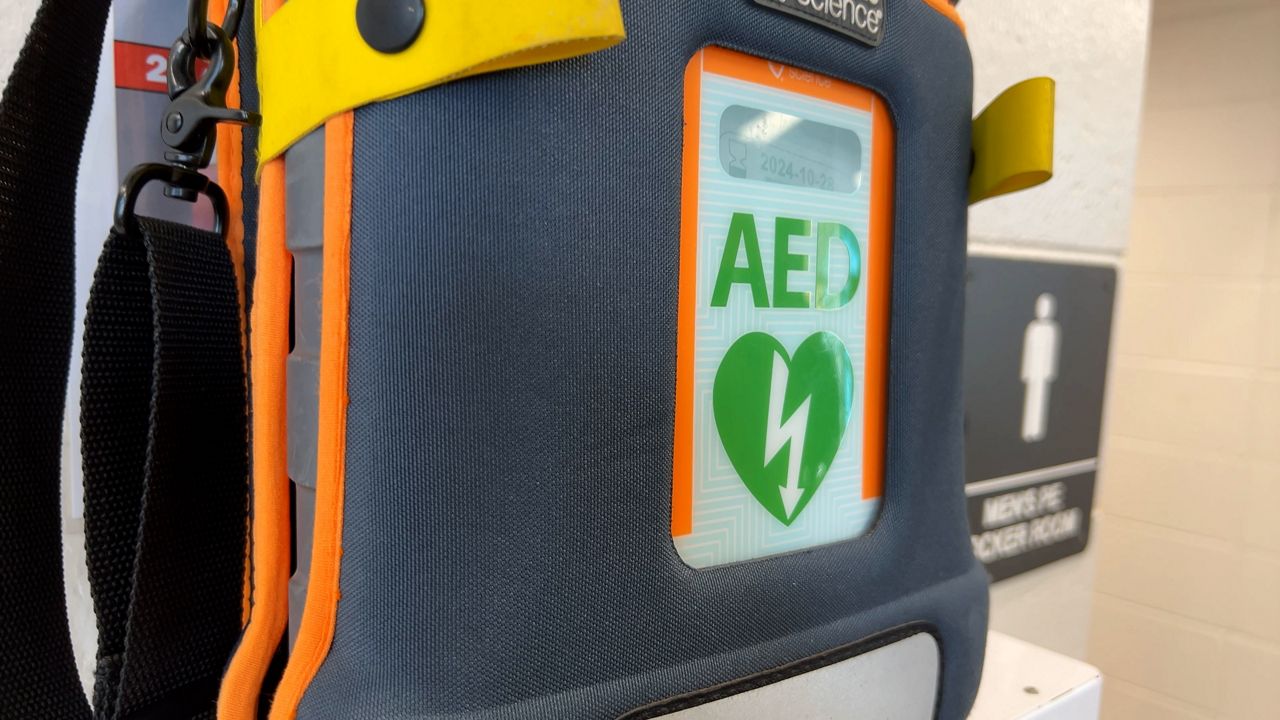Officials have issued health warnings for three Central Florida lakesand the Kissimmee River because of blue-green algae and extended an existing warning on a third lake.
What You Need To Know
- Health cautions issued for lakes Willisara, Eustis and Lorraine
- A warning has been extended for Lake Anderson in Orlando
- A health alert has been issued for part of the Kissimmee River
- The warnings are related to blue-green algae blooms
- Officials urge people, animals to avoid contact with water from the lakes
In Osceola County, the Florida Department of Health declared a health alert for the Kissimmee River after a sample taken Aug. 12 indicated the presence of harmful blue-green algal toxins in the Kissimmee River, south of State Road 60.
In Deltona, the Florida Department of Health-Volusia on Monday issued a health alert for the presence of blue-green algal toxins in Lake Lorraine-West. The alert came in response to a water sample taken Aug. 17.
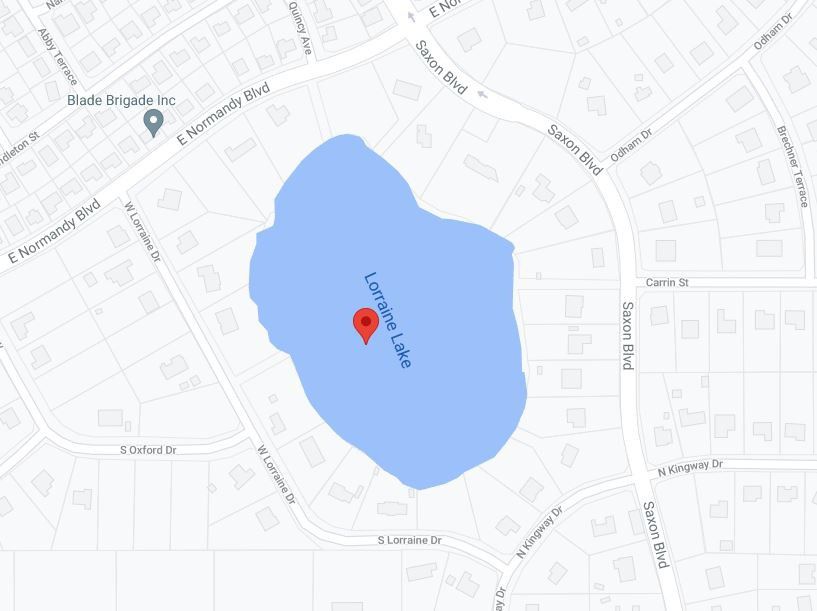
In Orange County, the Florida Department of Health-Orange issued a health caution for the presence of blue-green algae in Lake Willisara. The warning on Aug. 17 came following a site visit and water sample taken by the Florida Department of Environmental Protection on Aug. 16. A health alert also had been issued for the lake after a June 21 water sample.
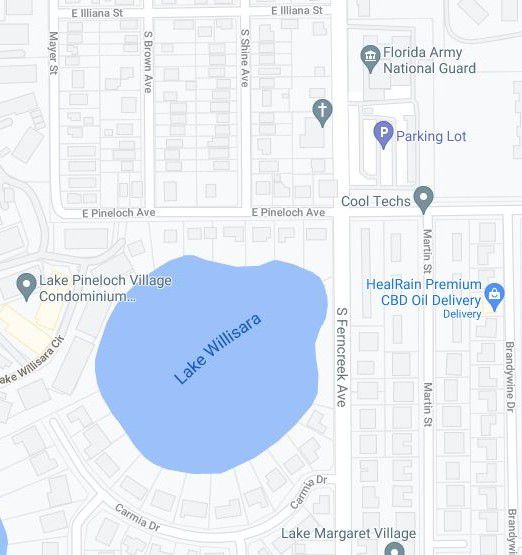
On Aug. 16, the health department extended the health alert for Lake Anderson in the Conway area of Orlando for an additional 30 days because of the presence of harmful blue-green algal toxins. The date of the alert originated after a water sample taken at the end of June.
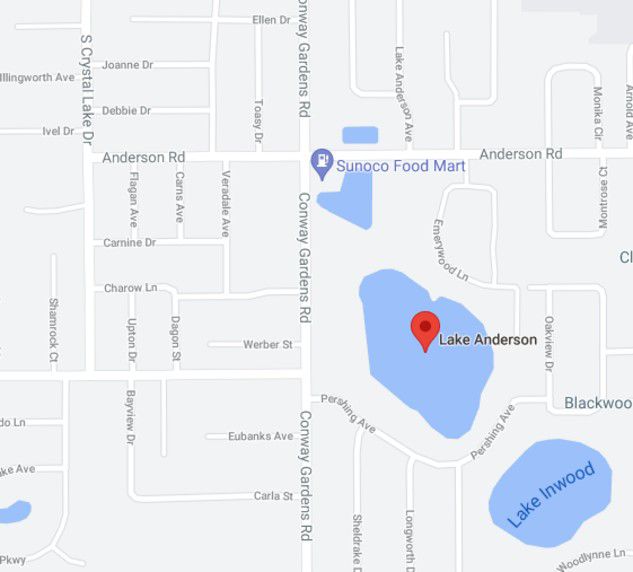
In Eustis, Florida Department of Health-Lake on Aug. 16 issued a health alert for the presence of harmful blue-green algal toxins in the northwest corner of Lake Eustis. The warning came in response to a water sample taken Monday.
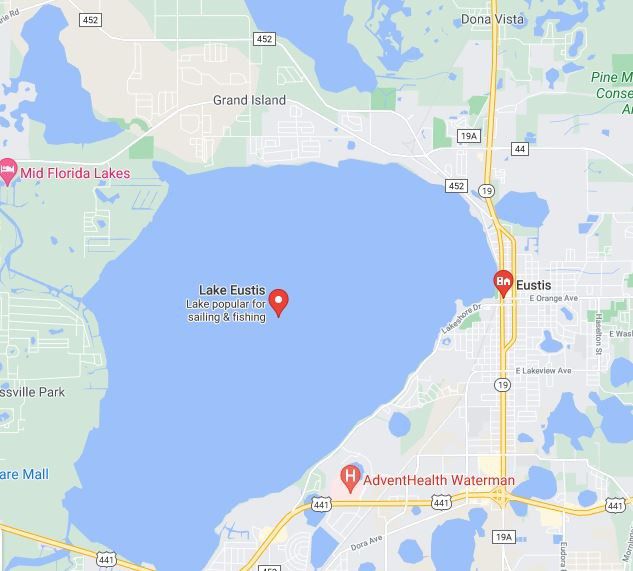
.People and pets should avoid coming in contact with water from the lakes, health officials said. Residents and advisers are urged to take the following precautions, they said:
- Do not drink, swim, wade, use personal watercraft, water ski or boat in waters where there is a visible bloom.
- People who have contact with algae or discolored or smelly water should wash their skin and clothing with soap and water.
- Keep pets and livestock away from the area. Waters where there are algae blooms are not safe for animals.
- Do not cook or clean dishes with water contaminated by algae blooms. Boiling the water will not eliminate the toxins.
- Eating fillets from healthy fish caught in freshwater lakes experiencing blooms is safe. Rinse fish fillets with tap or bottled water, throw out the guts, and cook fish well.
- Do not eat shellfish in waters with algae blooms.
Blue-green algae blooms are a type of bacteria common in Florida’s freshwaters, especially in the summer and fall because of warm water temperatures combined with still water conditions and excess nutrients. They can discolor water and often produce floating mats that emit unpleasant odors.


